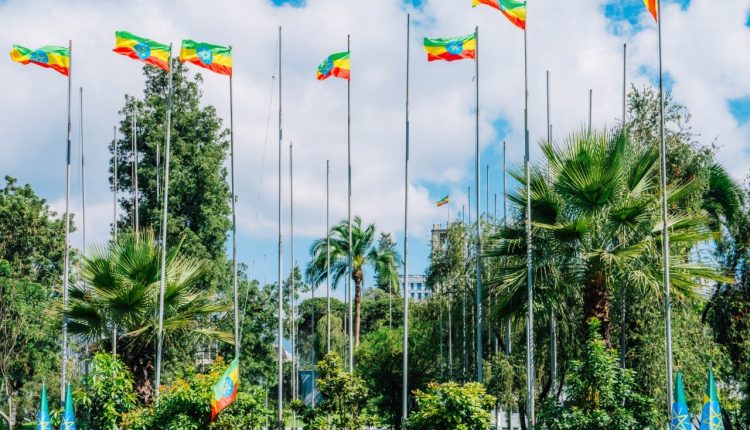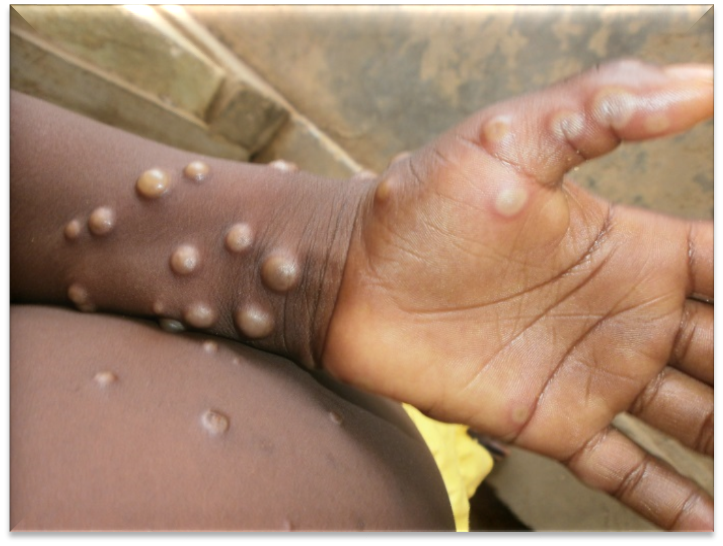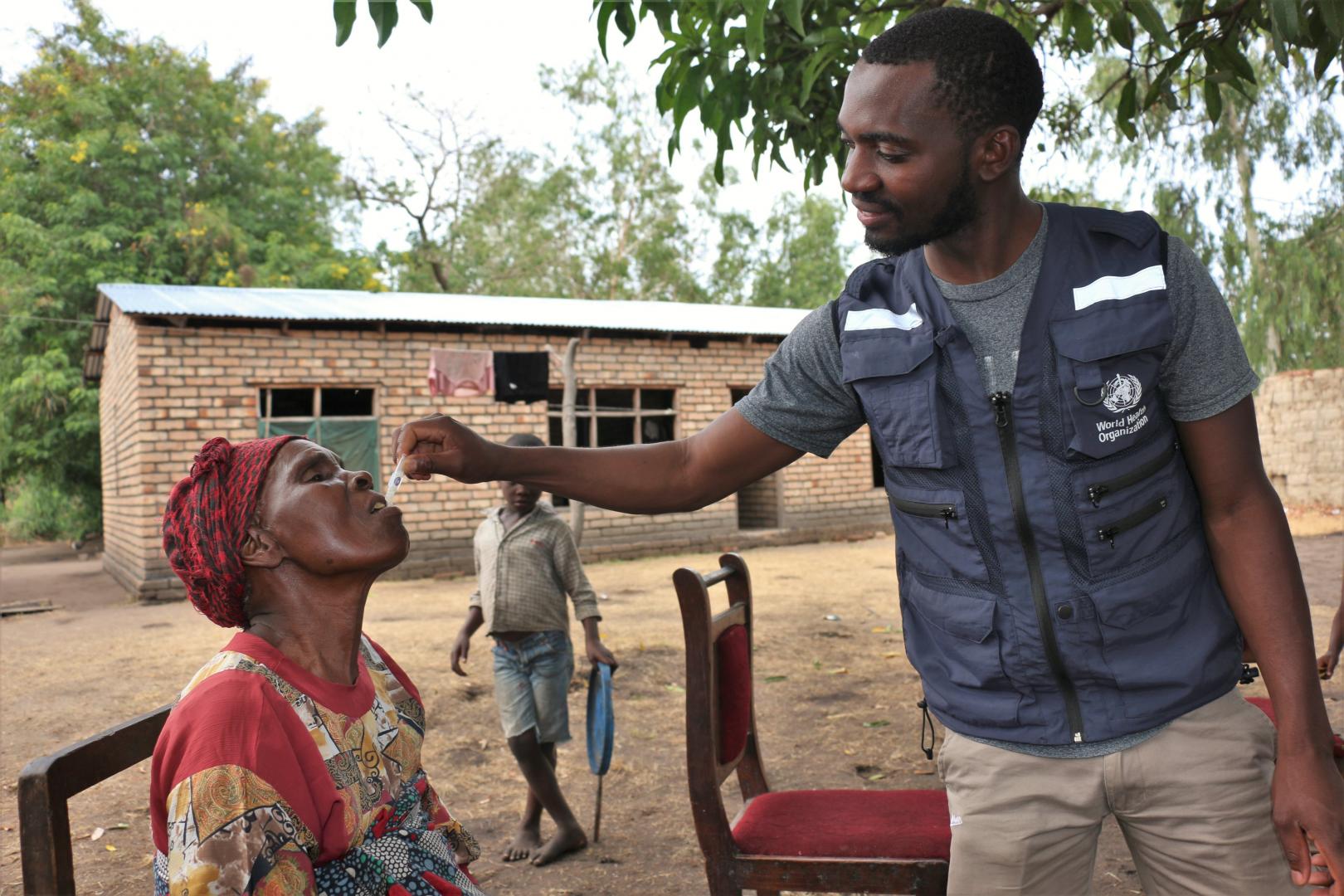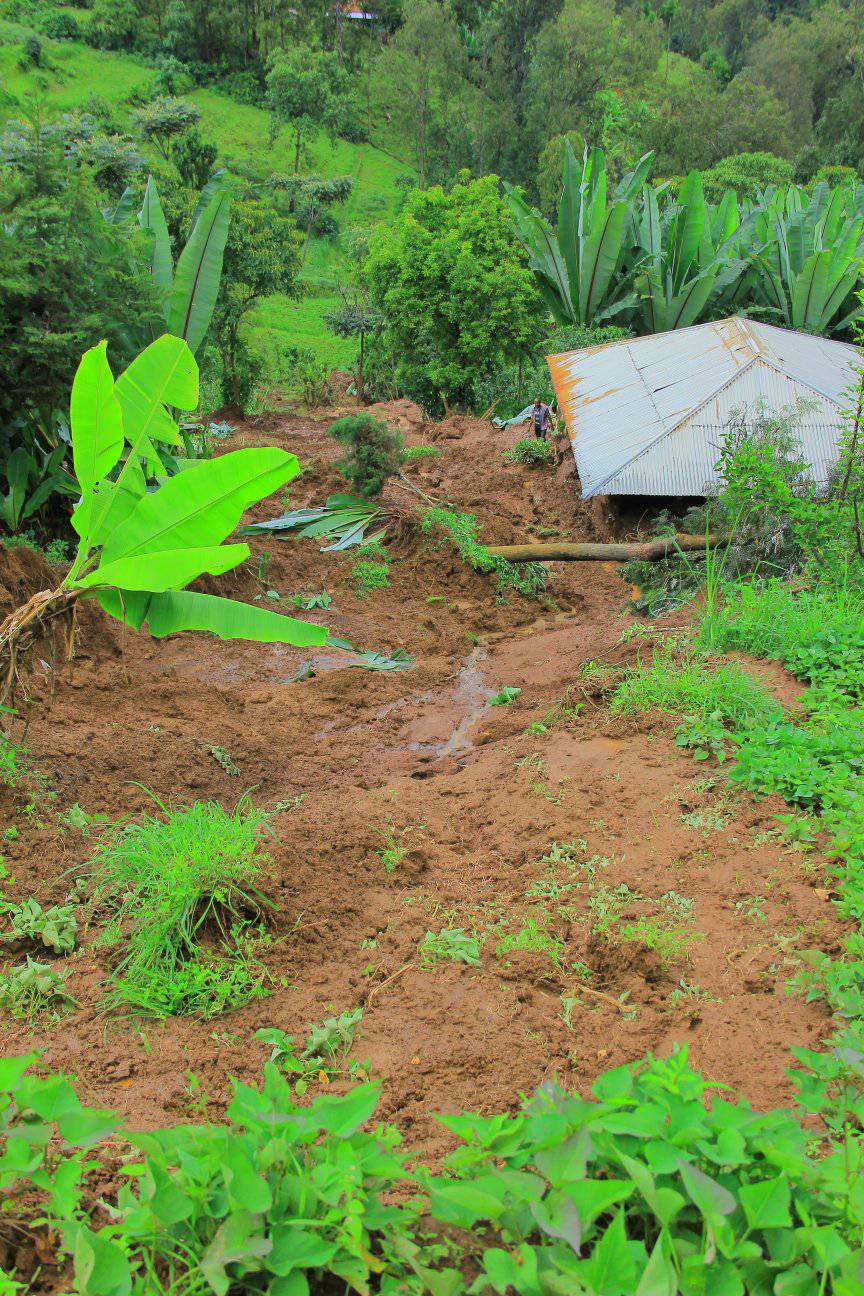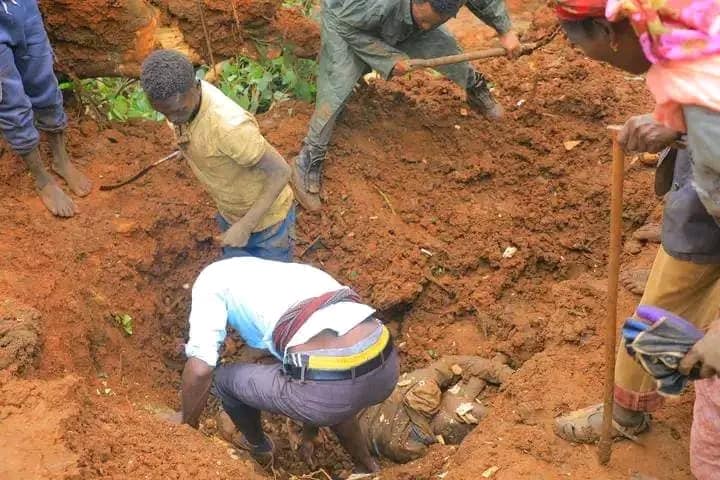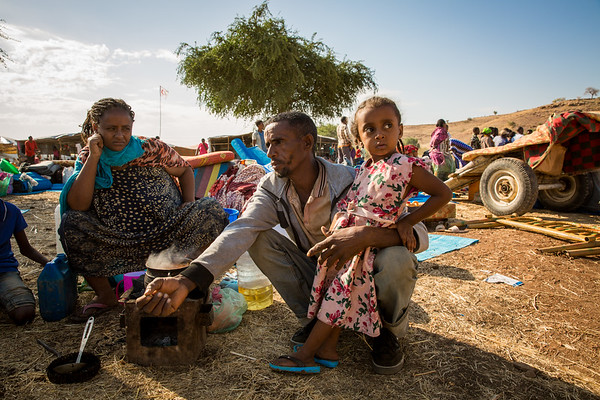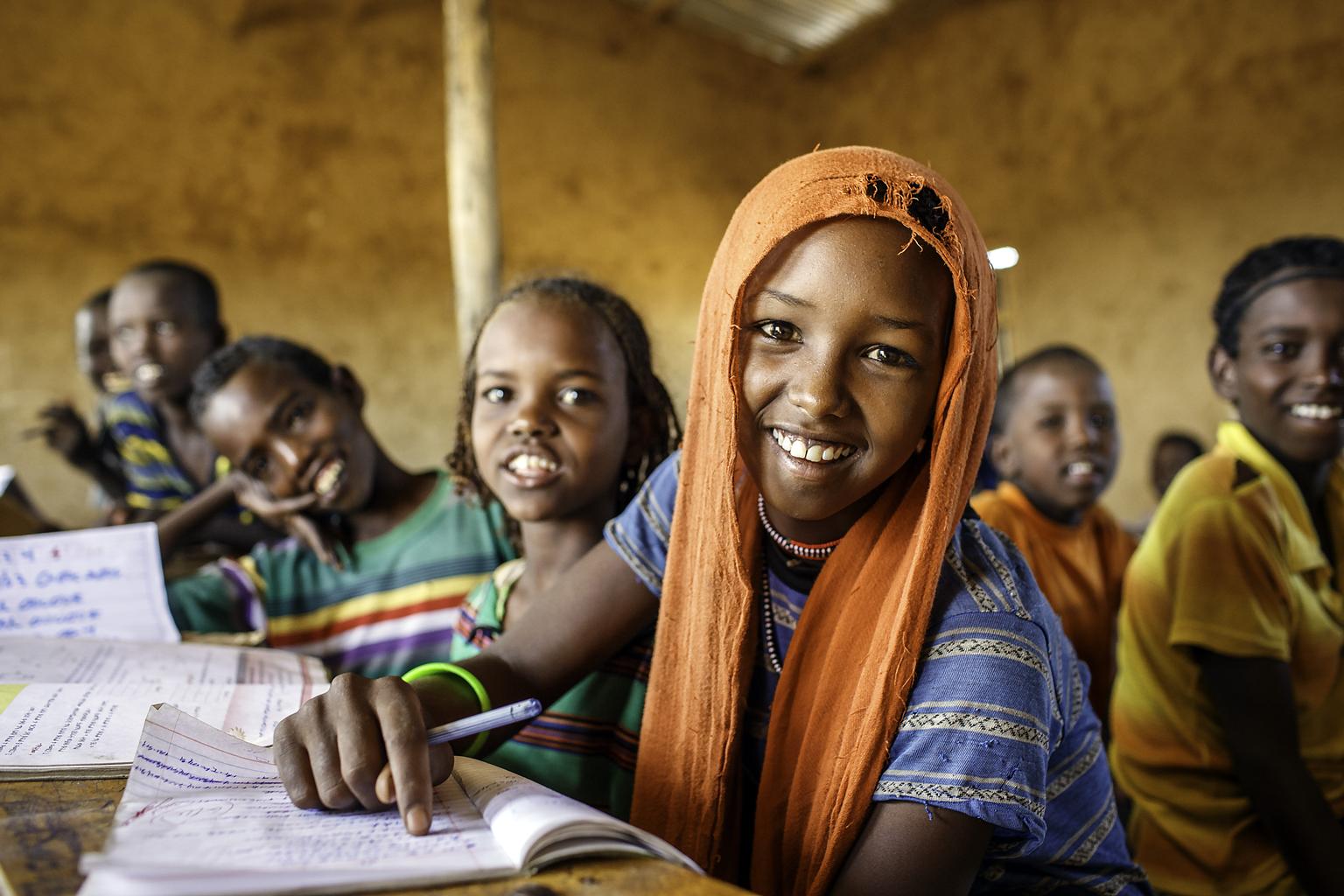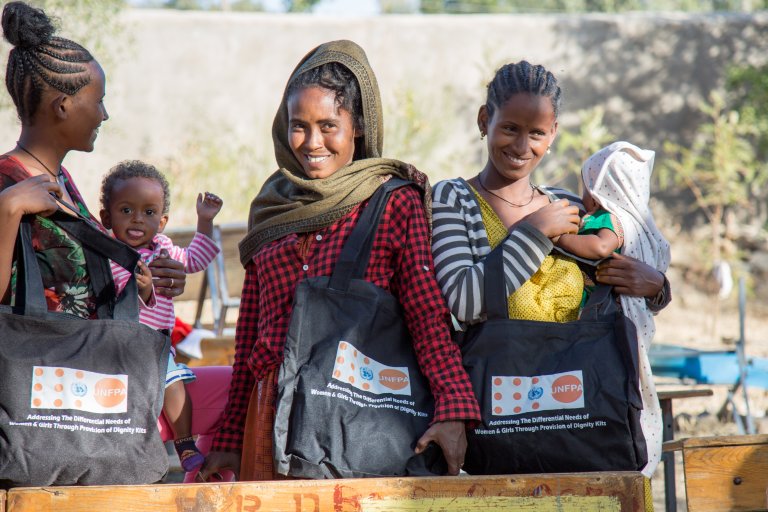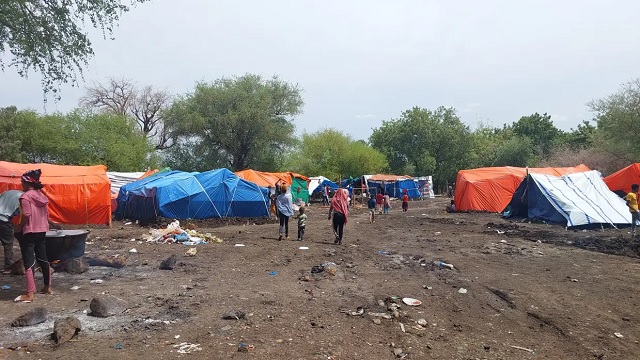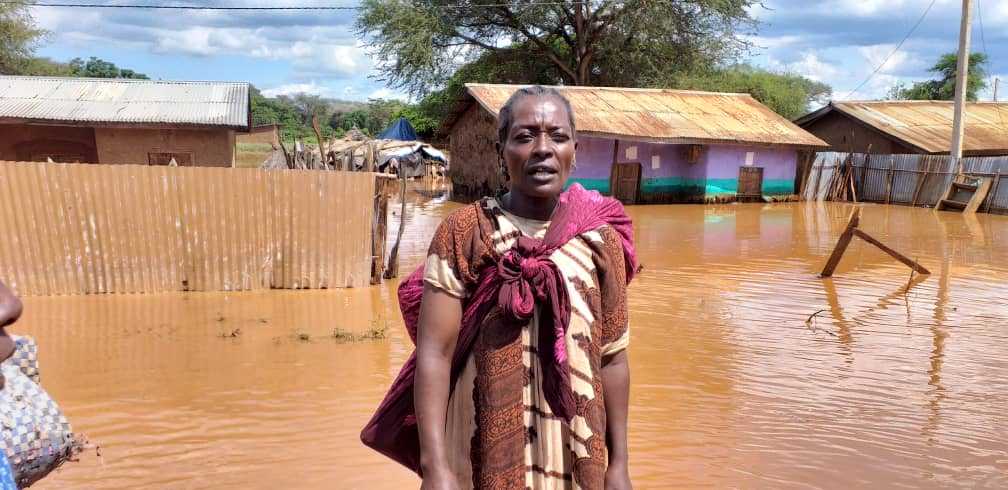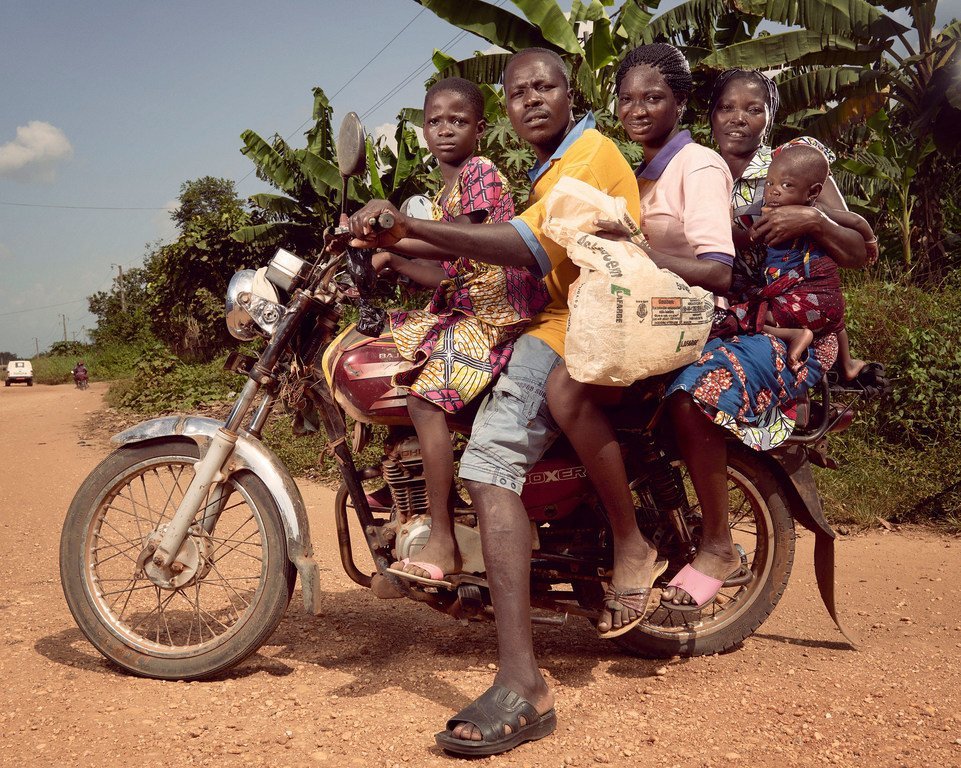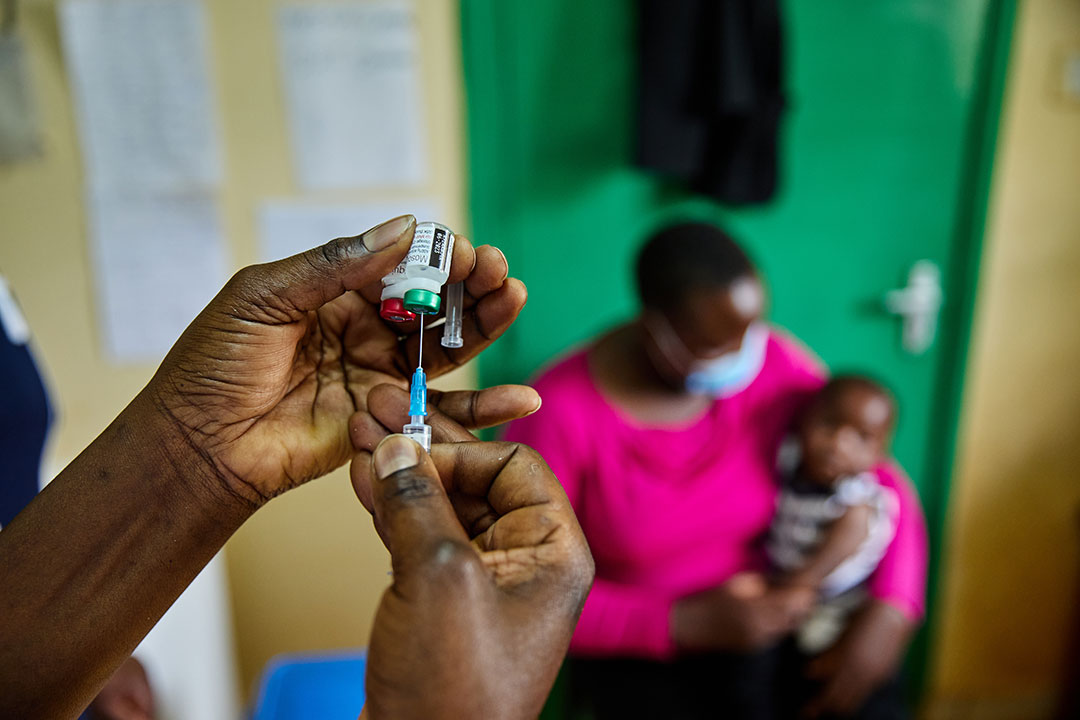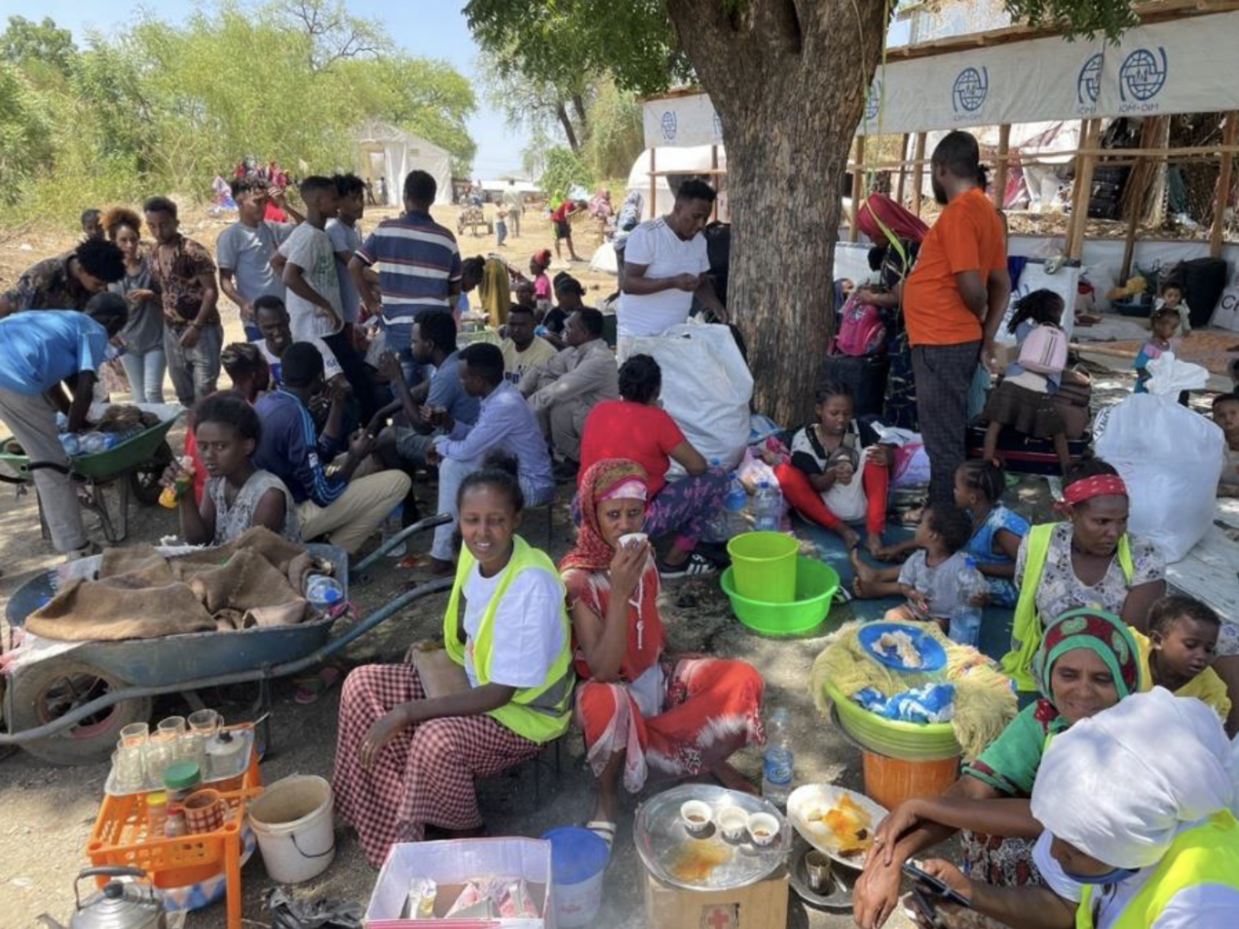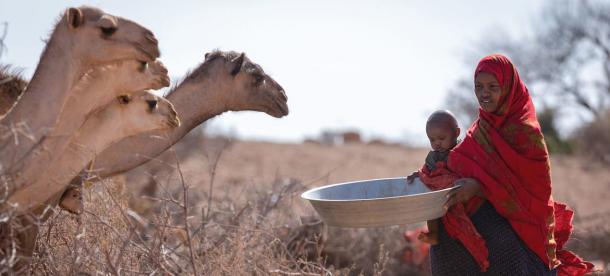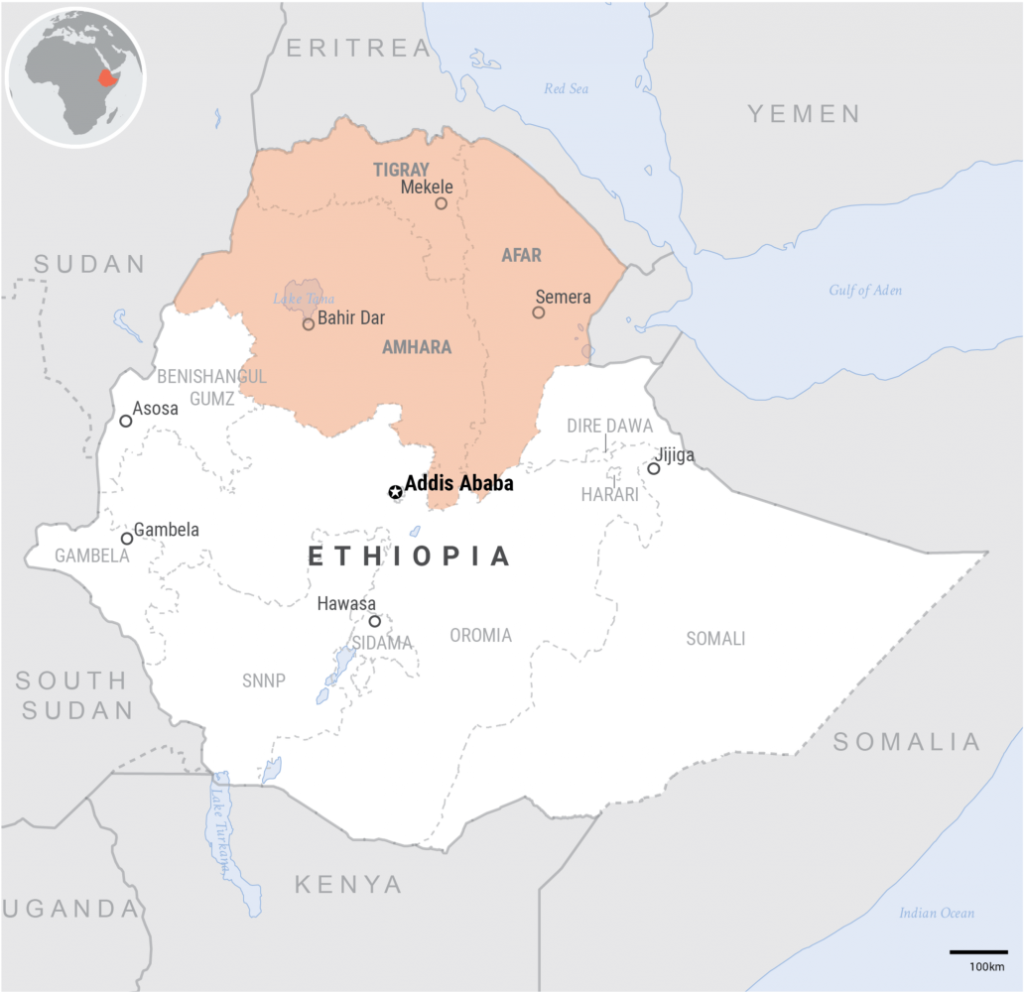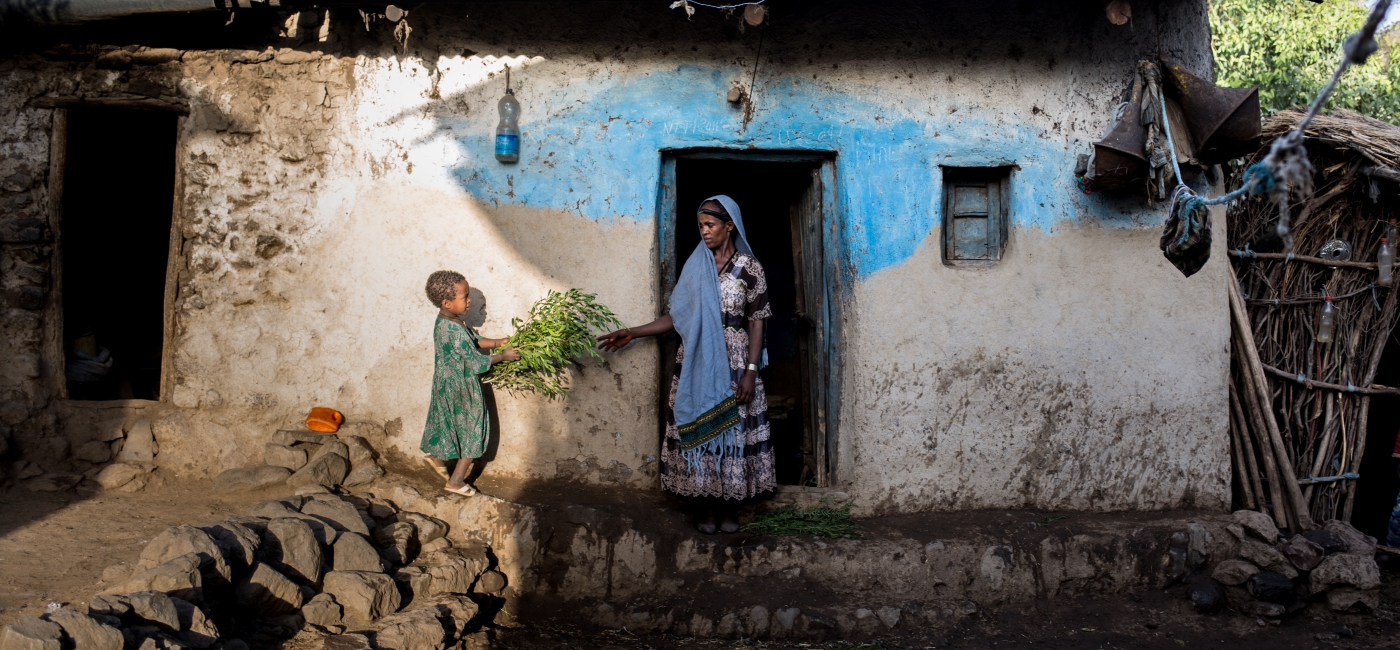
By: Lys Arango, Action Against Hunger – USA
ADDIS ABABA: December 24 (EI) — In the 1980s, northern Ethiopia plunged into one of the worst humanitarian crises in history. “A biblical famine in the twentieth century,” described one BBC reporter. For many concerned citizens, the images of hunger and war-torn communities broadcast around the world will never be forgotten.
Hunger persists in many communities throughout Ethiopia, though thankfully, not at the severity levels we saw three decades ago. A few miles down the road from Korem, the site of one of the country’s largest displacement camps in the 1980s, is the town of Hamusit. Today – despite facing recurrent droughts – there are signs of hope: with support from Action Against Hunger, the community is becoming more resilient and better able to cope with unpredictable rainfall.
In Hamusit and the surrounding Waghimra region, more than 90 percent of the population depends on farming, herding, or a combination of both to make a living. Ensuring an adequate supply of nourishment for livestock – fodder crops – is critical to the growth, health, milk production, and reproductive potential of cows, goats, sheep and other animals. But the land needed to grow these crops is not always available.
“In many cases, farmers in Waghimra do not own or cannot access land that is productive enough for fodder to grow using classical agriculture technologies,” says Gebris Ayalew, head of Action Against Hunger’s resilience project there. Most of the land has been used for food crop production for people which, combined with chronic water shortages and poor irrigation infrastructure, has led to historically large livestock losses.
To combat the challenges faced in this drought-prone area, families are trying new methods of growing food for their livestock. Demberie and her husband, Kiros, grow grass for their goats through a technique known as hydroponics – an innovative method of growing plants without soil. The grass sprouts from a platform built with wood and plastics and is watered with a nutrient-rich mineral solution.
“This technique allows them to produce high-quality, nutritious, low-cost fodder within a short time,” Ayalew explains. Compared to more traditional, soil-based methods, hydroponics can produce higher yields and uses water more efficiently.
“Before, we had to walk with the cattle all day in search of grass, but now, with the fodder we produce at home, it is no longer necessary. I spend that time at school,” says Kibru, the family’s oldest son.
The whole family has a role in the process: Demberie collects water early in the morning, and Kiros waters the plants, removes the newly harvested grass, and feeds the goats. Kibru milks the goats and takes them for a walk near the river every morning before studying and going to school.
“With this food, the goats are reproducing more. With their milk, we feed our young children and we can sell what remains at the market,” explains Kiros.
In the afternoon, Demberie attends meetings for her local mother-to-mother support group, where women in the community discuss maternal and child health and nutrition.
Many of the women who participate in the mothers’ group also receive support to generate income for their families. With a small loan of money and three sheep, Shewagu, a single mother of two children, has launched her own business selling berbere, a dried chili featured in Ethiopian cuisine.
Shewagu has not had an easy life: she married at 14 years old and was divorced shortly after her first child was born. She moved to Addis Ababa to try to find a job, but things did not pan out. A couple of years later, she returned to Hamusit, pregnant and sick. When Shewagu gave birth to her second child, a daughter, she still had very little to support her family. As a single mother, life was difficult. When she heard about Action Against Hunger’s program that would allow her to earn an income, she signed up without thinking twice.
“With my loan of about $170, I started my business and things went well,” she says, proudly. “In two years, I have saved about $685. My sheep have reproduced, and now I have five.”
Shewagu received business training from Action Against Hunger, such as basic accounting skills, and the other women participating in the project have become a lifeline.
“We have a social credit system,” she explains. “We meet every Saturday to share information and see how our businesses are going. We give [about $1.50] each month to our emergency savings fund, which we use to help a woman who has given birth or a family member who falls ill.”
Today, Shewagu is an independent woman – she has come a long way from the dark place she was in a few years ago. “I have hope again!” she cries out, full of happiness.
It’s this hope, shared by Shewagu, Demberie, and so many others in the town of Hamusit, that is spreading throughout the region in the tireless fight against hunger.
Article
By: Lys Arango,
Roving Communications Officer,
Action Against Hunger USA

